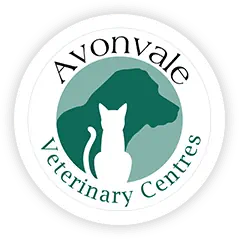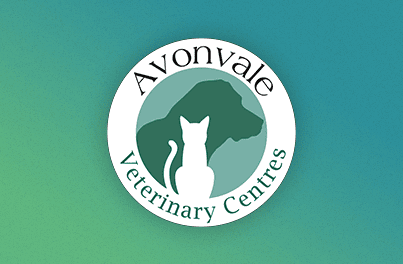Diabetes is a metabolic disorder that affects the body’s ability to regulate blood sugar (glucose) levels, resulting in the level of glucose in the blood being too high or too low.
Dogs
Ear problems in dogs encompass inflammation and a range of infections and accompanying symptoms. In this article, At Avonvale Vets, we will delve into the factors that commonly contribute to these problems.
At Avonvale Vets we have created a detailed guide offering potential solutions if your dog begins to experience incontinence in their later years.
The primary vaccination is a course of two injections given 3-4 weeks apart. Young animals still have some anti-body protection from their mothers in their bloodstream, our advanced vaccine overcomes these and provides reliable protection at an earlier age.
If you are not going to breed from your pet we recommend neutering as this prevents unexpected and unwanted litters
Travel sickness is fairly common in young puppies, and usually improves rapidly as the puppy matures. In some cases, it can persist into adulthood, becoming a major problem which forces owners to avoid taking the dog out in the car, or to rely on sedatives to prevent sickness when travelling is unavoidable.
Reactions to fireworks can vary from panic stricken urination and defecation in the house and destructive behaviour to irrational behaviour and aggression.
Why vaccinate?
In common with human medicine, the introduction of immunisation against several serious and often fatal diseases
Page 1 of 2












